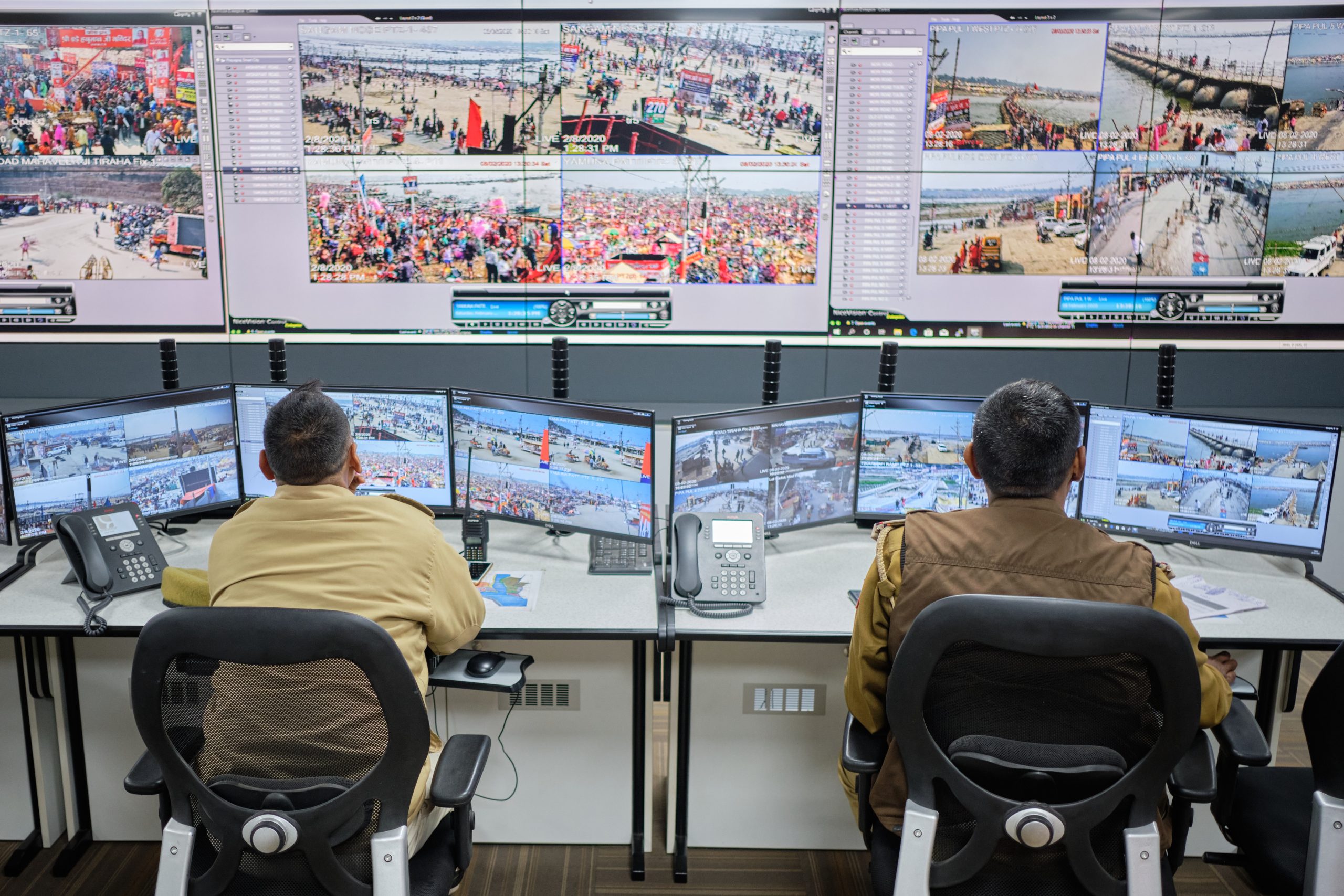CCTV plays a crucial role in law enforcement, aiding in crime-solving and public safety. However, obtaining CCTV footage involves legal complexities and procedural requirements. Let’s explore the key aspects:
-
Legal Framework:
- Data Protection Act (DPA) 2018: Governs data controllers (including CCTV operators) in handling personal information. It outlines responsibilities related to obtaining, storing, and disclosing footage.
- Regulation of Investigatory Powers Act: Grants law enforcement specific powers to access communications data for crime prevention and detection.
- Guidance Documents: Surveillance Camera Commissioner and Information Commissioner’s Office provide detailed recommendations on CCTV use and handling requests.
-
CCTV Operator Rights:
- Refusal: Operators can refuse unreasonable, disproportionate, or unjustified police requests.
- Cooperation: While protecting privacy rights, operators should cooperate with legitimate requests.
-
Grounds for Police Requests:
- Criminal Investigations: Most common reason for requesting footage.
- Procedural Compliance: Operators must respond appropriately to lawful demands.
-
Balancing Privacy and Security:
- Clear Policies: Establish guidelines for handling requests.
- Staff Training: Ensure operators understand legal obligations.
- Communication: Foster dialogue with law enforcement.
Remember, operators have a duty to protect privacy while assisting law enforcement. Understanding the legal landscape empowers effective navigation of police requests for CCTV footage.


Leave a Reply
You must be logged in to post a comment.